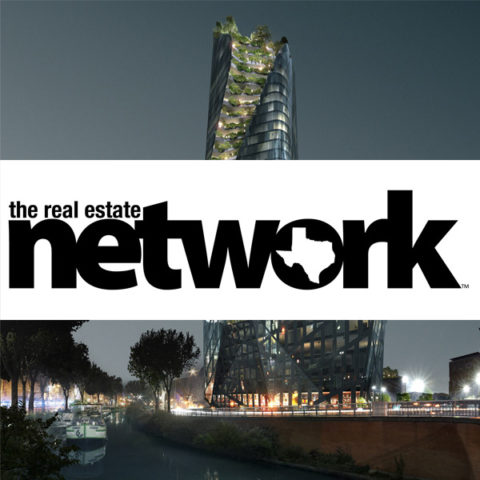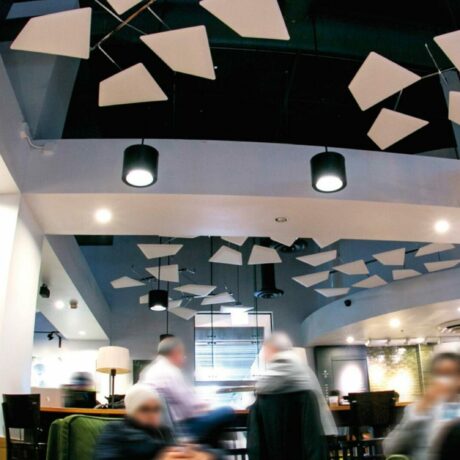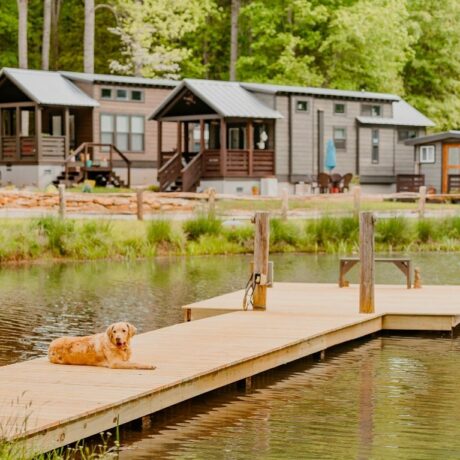
Building Health for All®
The Center for Active Design (CfAD) is a global not-for-profit organization working at the intersection of health and the built environment. They transform design and development practice to support health and ensure equitable access to vibrant public and private spaces that support optimal quality of life.
It was launched by then Mayor Michael Bloomberg in 2012, to transform New York City’s (groundbreaking Active Design program into an international movement. Today, their work has gone global, reaching over 180 countries, and informing the design of buildings and public infrastructure projects around the world. The Fitwel® Certification System marks a new chapter in that work, by providing a commercial building rating system that provides guidelines on how to design and operate healthier buildings. It supports widespread adoption of health-promoting strategies through a user-friendly digital portal.

Created as a joint initiative led by the U.S. Centers for Disease Control and Prevention (CDC) and the General Services Administration (GSA), Fitwel® provides guidelines for designing, constructing, and operating healthier buildings. The Center for Active Design (CfAD) is the operator of Fitwel® and responsible for the third-party verification of the certification.
Criteria

There are no “prerequisites” or barriers to entry that would prevent a building from being eligible to earn a Fitwel® certification. There are 144 possible points projects can achieve through the 63 evidence-based strategies – 90 points are needed as a minimum for certification. These strategies (which have been proven to increase the health and well-being of occupants) are divided into 12 categories:
1. Location (based on the building’s walkscore)
2. Building Access (pedestrian access to transportation support, including nearby bus stops, bike parking, and showers and lockers)
3. Outdoor Spaces (amenities such as walking trails, fitness equipment, restorative gardens, farmers markets, and safe lighting)
4. Entrances and Ground Floor (clean and safe building entrances to a smoke and tobacco-free building and grounds, walk off mats, and appropriate lighting)
5. Stairwells (occupant access to a building-wide staircase to be utilized in lieu of the elevator)
6. Indoor Environments (building-wide policies for indoor air quality, green purchasing, and a smoke-free environment)
7. Workspaces (workstations designed to increase views of nature and access to natural light and active workstations with standing support)
8. Shared Spaces (with a regular and thorough cleaning protocol in place and common areas including rooms for lactation, meditation, wellness, and fitness facilities)
9.Water Supply (water sources on each floor – including ADA and bottle refilling stations, as well as annual water testing for contaminants)
10. Cafeterias and Prepared Food Retail (compliance with food and beverage policy for meetings and events, and on site food service areas (if any) promote and incentivize healthy items)
11. Vending Machines and Snack Bars (promote and incentivize healthy food choices)
12. Emergency Procedures (building-wide emergency equipment and supplies, emergency address notification system and AEDs and CFRs on each floor)
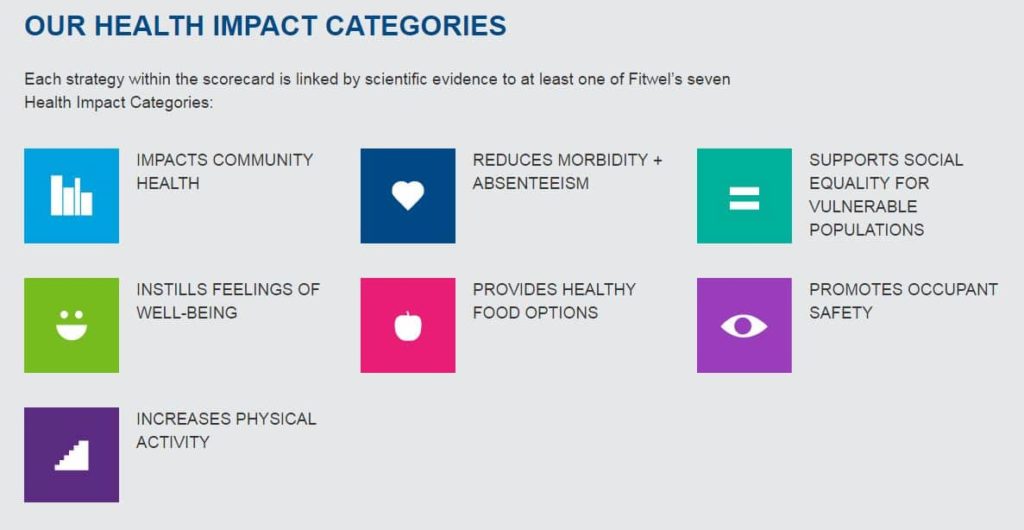
Each strategy within these categories has points allocated depending on the weight of the following 7 health impact categories: Impacts Community; Reduces Morbidity and Absenteeism; Supports Social Equality for Vulnerable Populations; Increases Physical Activity; Promotes Occupant Safety; Provides Healthy Food Options; Instills Feelings of Well-Being
Scoring
Fitwel® certifications are given either 1, 2, or 3 stars based on the number of points they earn: One-star (90-104 points). Two-stars (105-124 points). Three-stars (125-144 points).

Scorecard
Fitwel® provides scorecards for different building types: multi-tenant base building; multi-tenant whole building; single-tenant building; commercial interior space; multi-family residential; retail; and community and commercial sites
Projects can pursue a Design Fitwel® Certification, or a Built Fitwel® Certification depending on the phase of construction and level of occupancy.
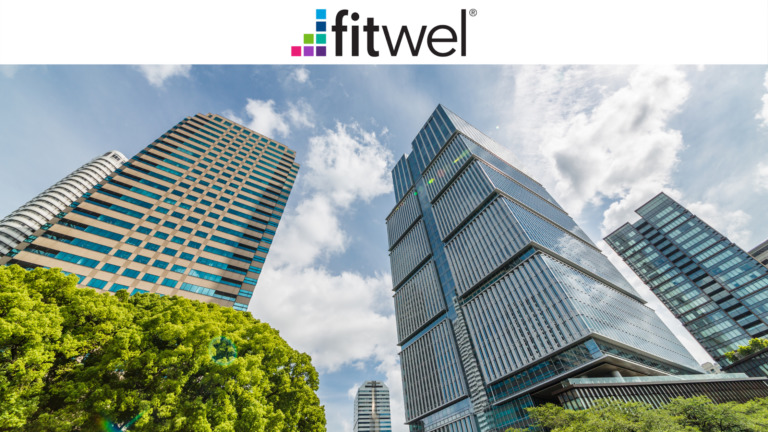
Certification Cost
The program is one of the most affordable building certifications to earn. There are two main costs associated — the registration fee of $500 and the certification fee of from $5,500 to 10,000 (depending on the square footage of the building).
Champions
Fitwel® Champions are companies that place an emphasis on the importance of health and wellness at their buildings and commit to 6 or more Fitwel® projects within a 12-month period.

Ambassadors
Fitwel® Ambassadors are individuals who are early adopters of the program and seek to promote this standard as well as navigate the Digital Certification Tool to help clients track progress and attain certifications. To become a Fitwel® Ambassador, you must pass a 50-question exam with a minimum score of 80%. The cost of the course and exam is $250.


